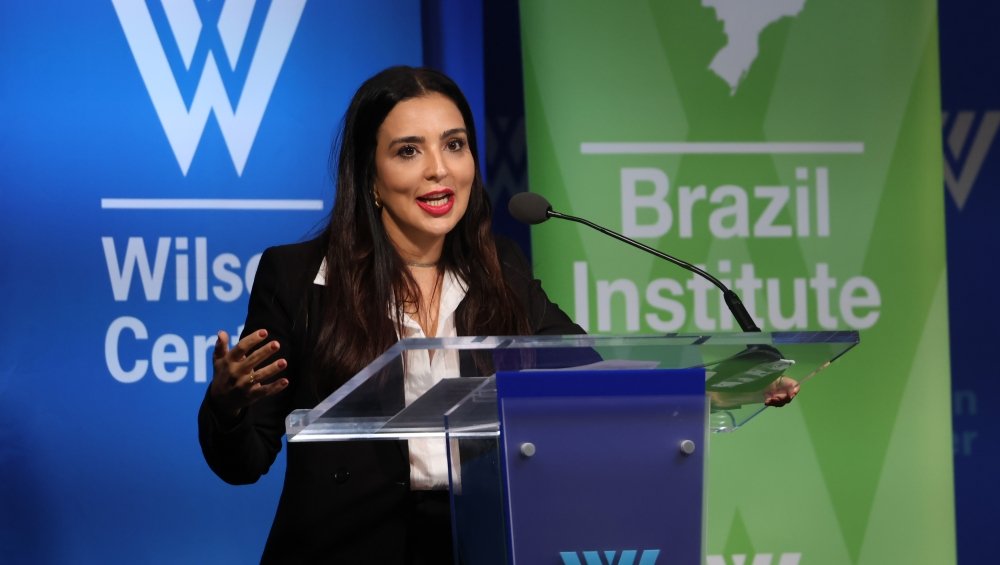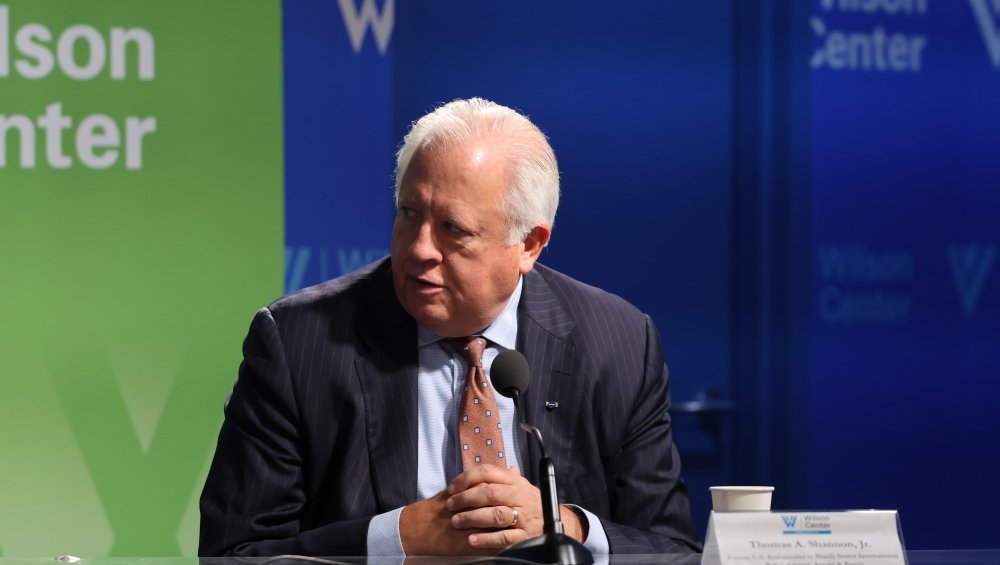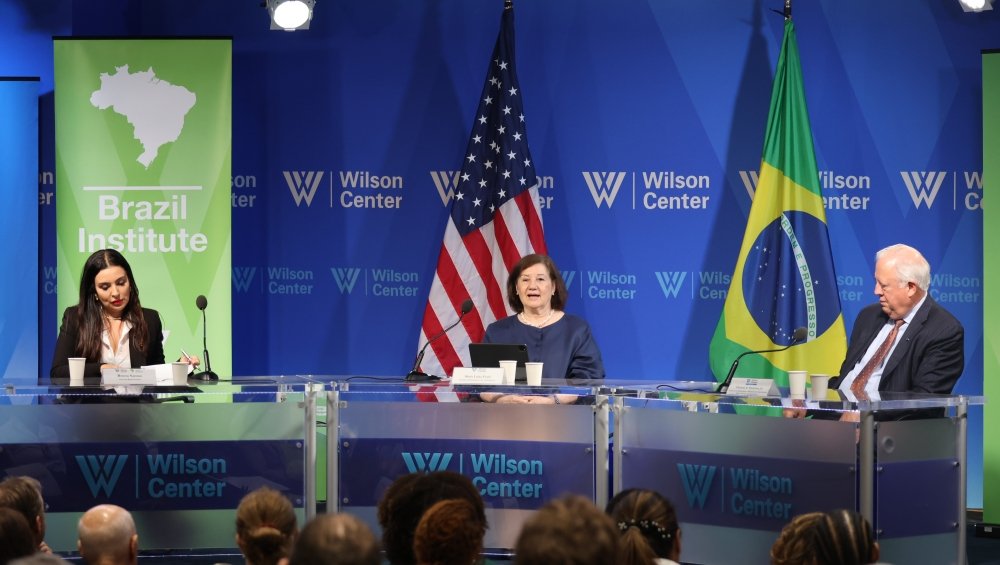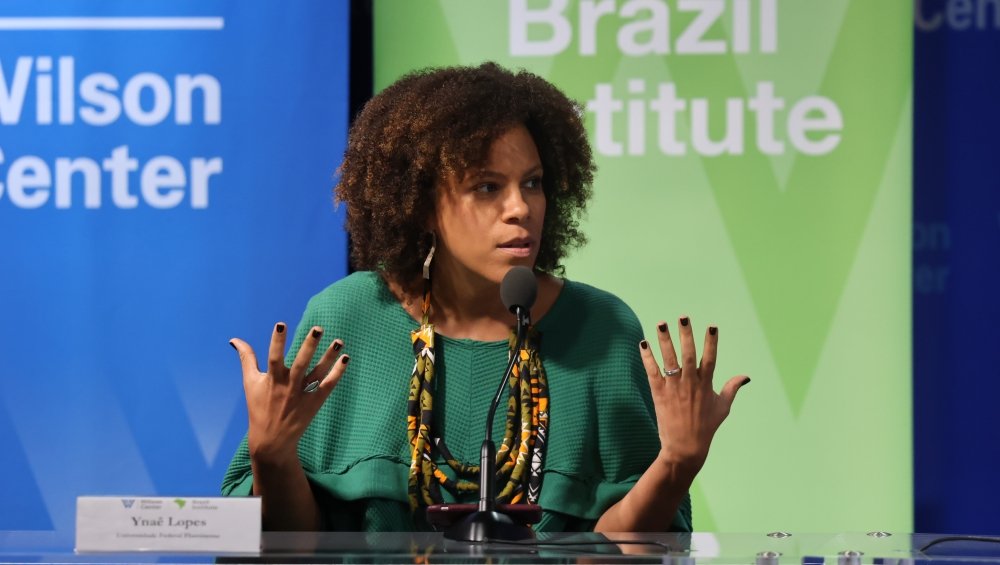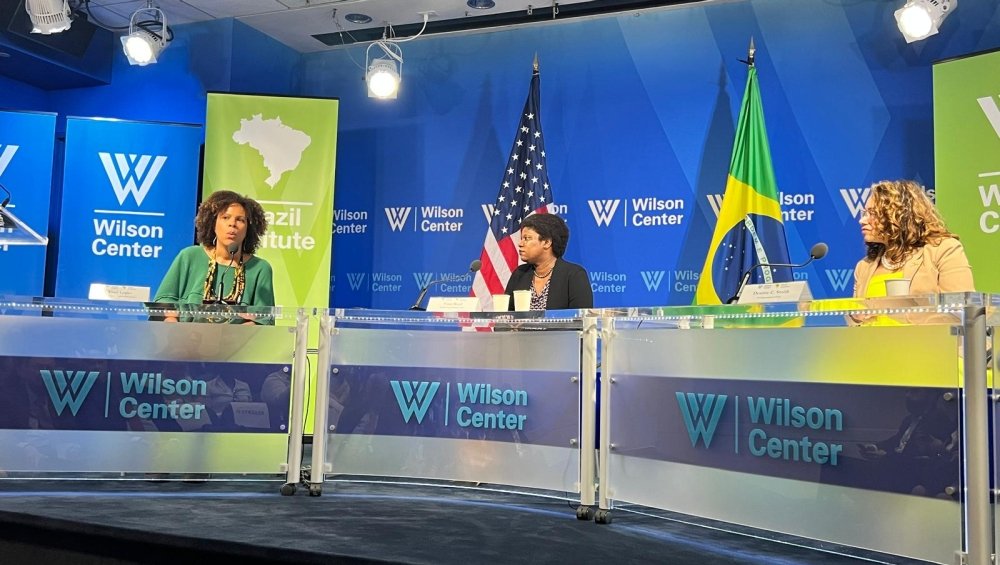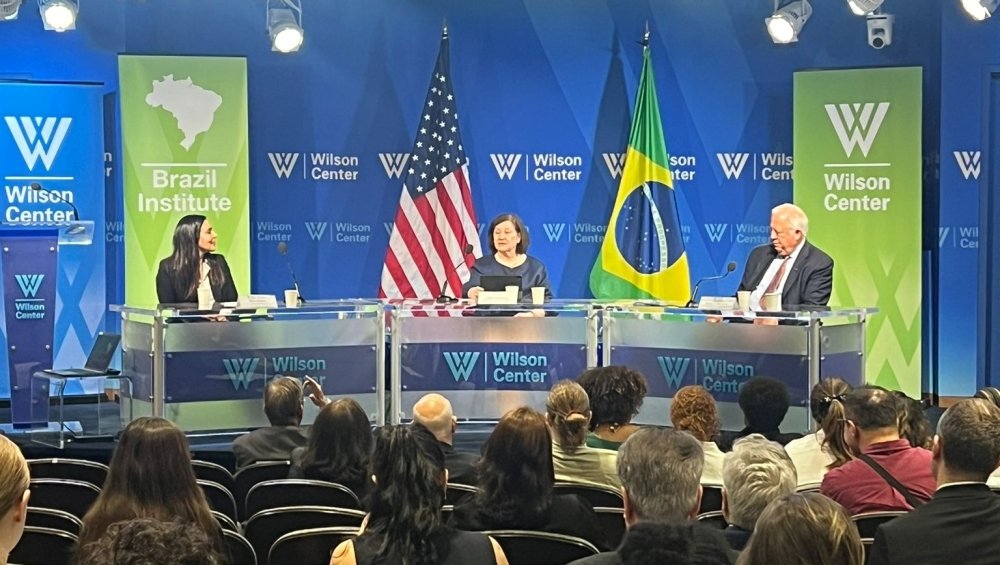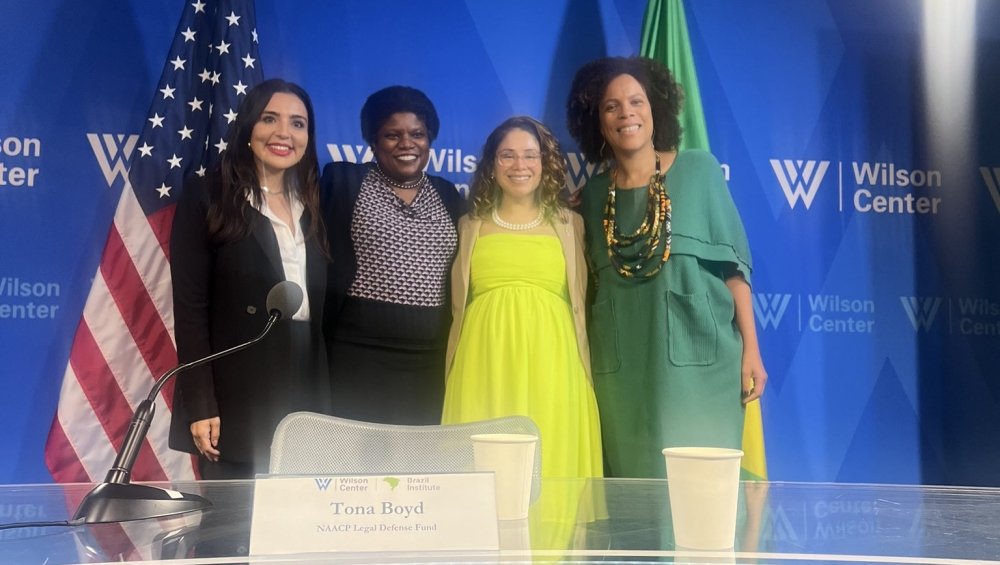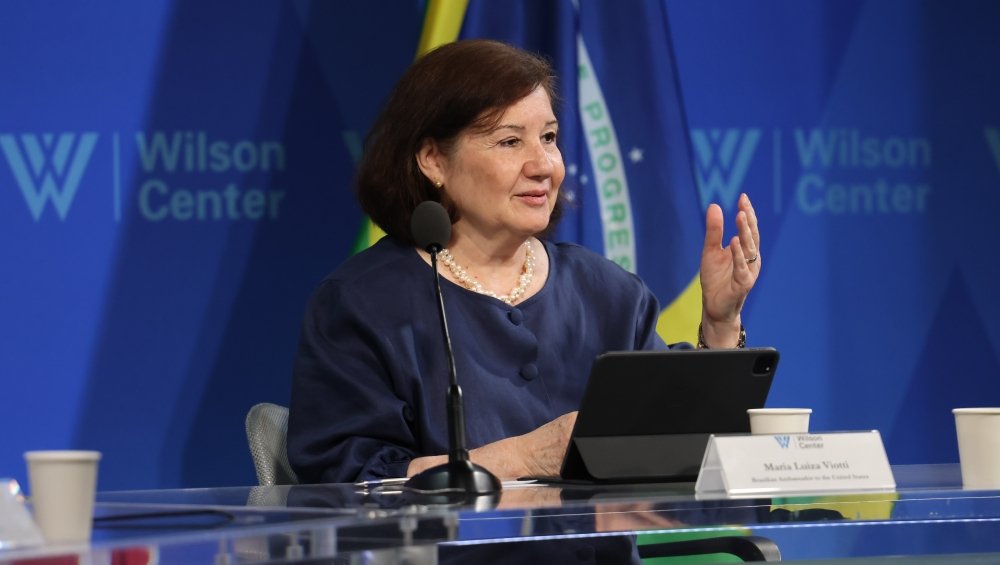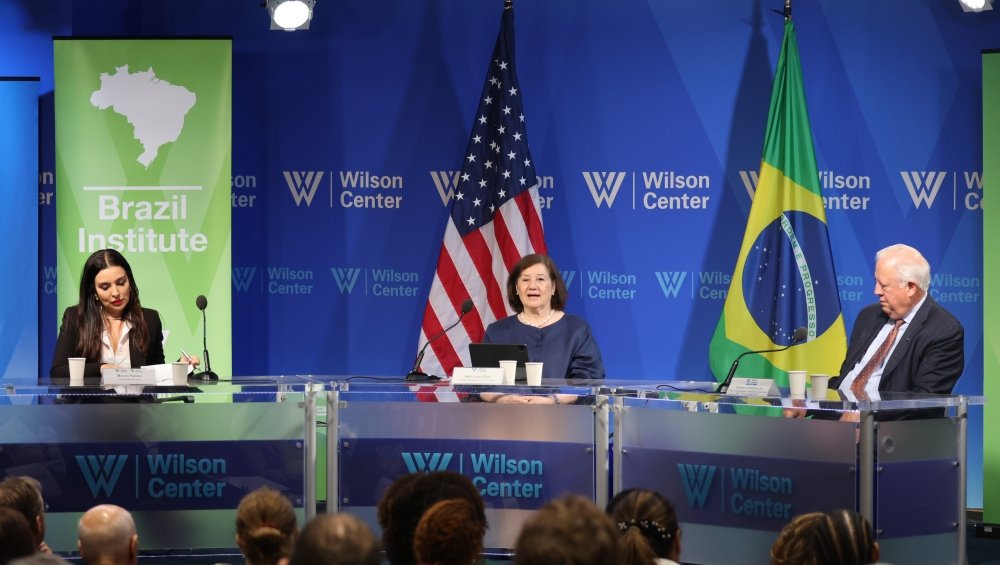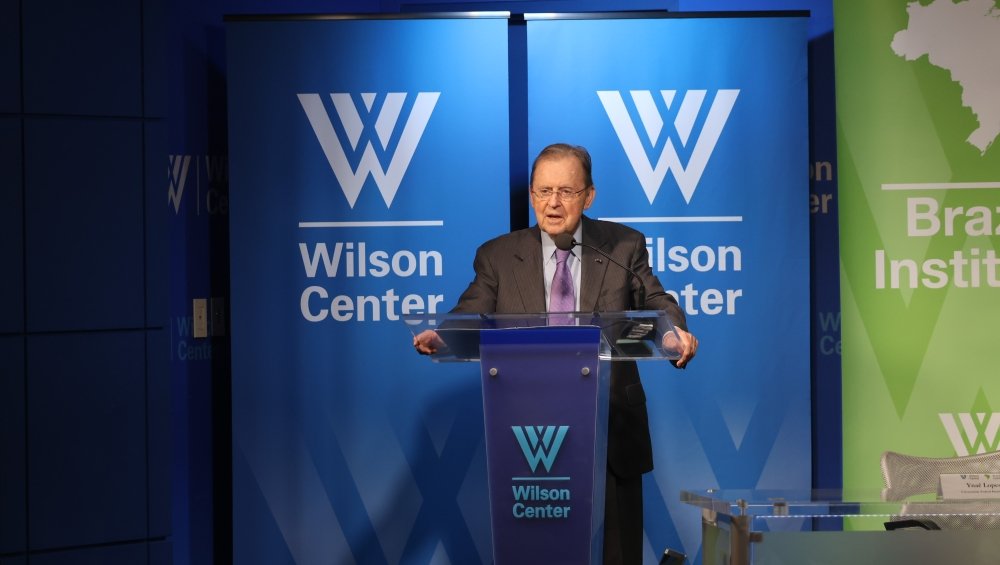Bridging Histories, Forging Futures: Celebrating 200 Years of Brazil-US Relations

On May 23, 2024, the Wilson Center Brazil Institute hosted a dialogue marking 200 years of US-Brazil diplomatic relations. The discussion featured prominent speakers such as Ynaê Lopes, Brazilian researcher and historian behind the renowned Projeto Querino podcast; Tona Boyd, Director Counsel of the NAACP Legal Defense and Educational Fund, Inc.; and Desirée Smith, the U.S. Department of State Special Representative for Racial Equality and Justice. The event delved into the shared legacy of the transatlantic slave trade and ongoing efforts for racial equality in both nations. As Boyd mentioned, "In both the US and Brazil, inequalities trace back to the legacy of slavery, decades of governmental discrimination, and insufficient enforcement of civil rights laws."
Key themes included educational reforms and the need to rethink how history is taught to better reflect the contributions and struggles of Afro-descendant communities. Lopes stated, "The bilateral relationship between Brazil and America could be very important to developing different materials to teach at school, for example, to revise what we call public histories." Furthermore, the responsibility of Brazil and the United States as multiethnic, multiracial democracies to be global leaders in combating discrimination was addressed. In her opening remarks, Maria Luiza Viotti, Ambassador of Brazil to the US, said, "In this bicentennial year, Brazil and the US have a unique opportunity to leverage their shared values and interests into an even stronger partnership."
The reactivation of the Joint Action Plan to Eliminate Racial and Ethnic Discrimination and Promote Equality (JAPER) is a clear indicator of collaboration and commitment from both countries to advancing racial equity, promoting social inclusion, and eliminating all forms of discrimination. Smith highlighted the importance of having civil society participation in JAPER, stating, "Civil society is often closer to the problem, so it often has the solutions."
Finally, former US Ambassadors to Brazil, Thomas Shannon and Anthony Harrington, emphasized the positive impact of addressing historical injustices, promoting democracy, and enhancing economic partnerships. "Brazil and the US are mimicking each other. This is a remarkable synergy that needs to be captured and directed in an important fashion," said Ambassador Tom Shannon. Harrington added, "Brazil has a key role to play, and an example is the effort to restore free and fair elections in countries like Venezuela."
Bridging Histories, Forging Futures: Celebrating 200 Years of Brazil-US Relations
Speakers


Introductions
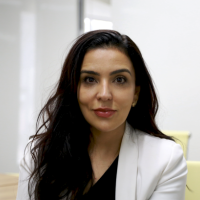
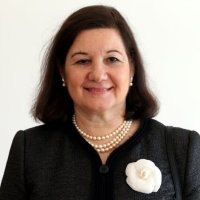
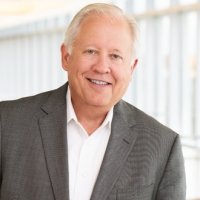
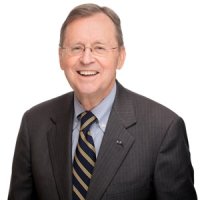
Moderator

Hosted By

Brazil Institute
The Brazil Institute—the only country-specific policy institution focused on Brazil in Washington—aims to deepen understanding of Brazil’s complex landscape and strengthen relations between Brazilian and US institutions across all sectors. Read more


Latin America Program
The Wilson Center’s prestigious Latin America Program provides non-partisan expertise to a broad community of decision makers in the United States and Latin America on critical policy issues facing the Hemisphere. The Program provides insightful and actionable research for policymakers, private sector leaders, journalists, and public intellectuals in the United States and Latin America. To bridge the gap between scholarship and policy action, it fosters new inquiry, sponsors high-level public and private meetings among multiple stakeholders, and explores policy options to improve outcomes for citizens throughout the Americas. Drawing on the Wilson Center’s strength as the nation’s key non-partisan policy forum, the Program serves as a trusted source of analysis and a vital point of contact between the worlds of scholarship and action. Read more


